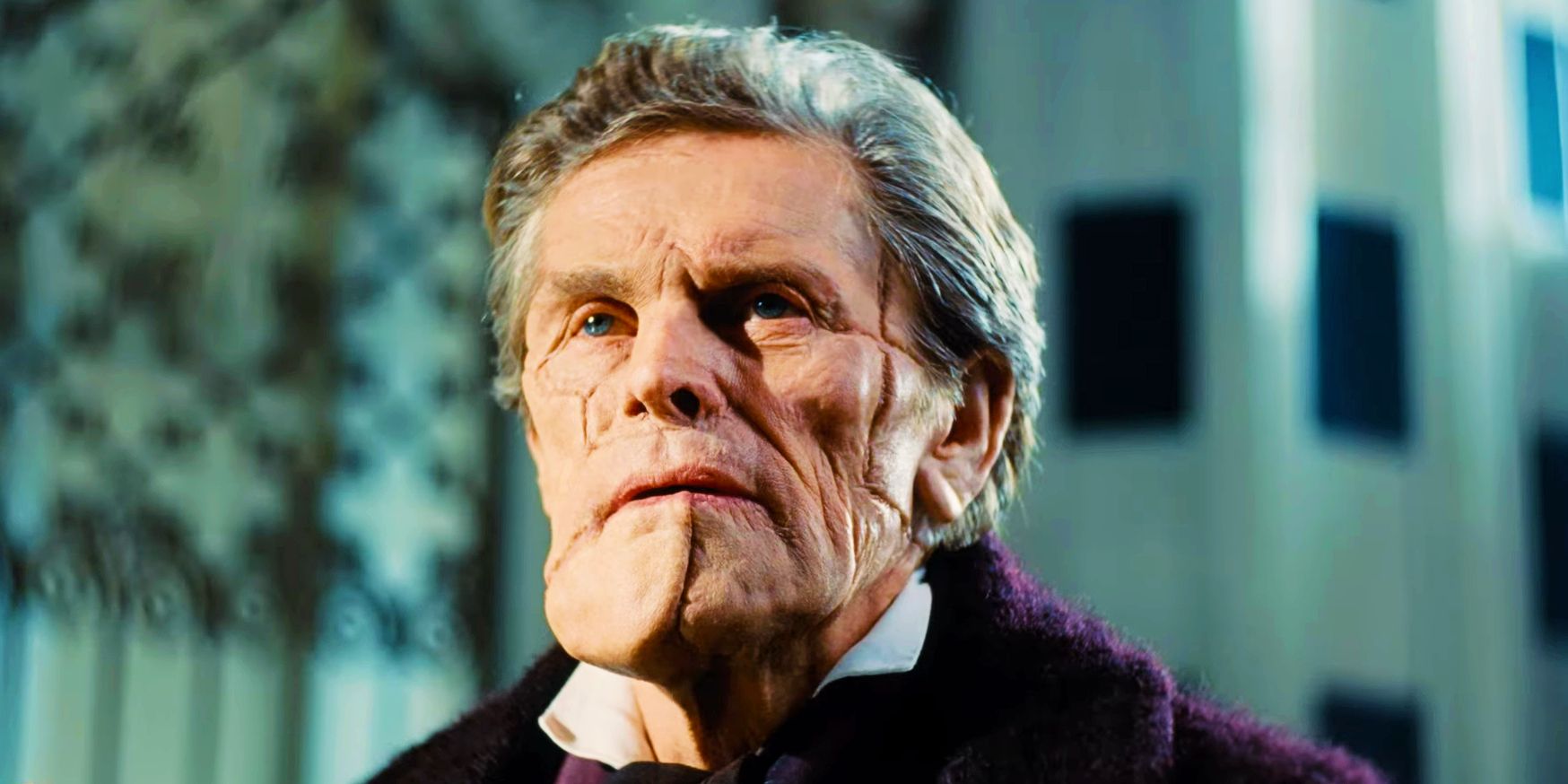
8 Reasons Why Poor Things Is A Feminist Masterpiece

Exploring the feminist themes and ideologies in the film Poor Things, and why it is being celebrated as a modern feminist masterpiece.
Introduction
Poor Things, the latest film from acclaimed director Yorgos Lanthimos, is being celebrated as a modern feminist masterpiece. The wonderfully bizarre movie stars Emma Stone as a resurrected woman named Bella who is implanted with the developing brain of her unborn daughter by mad scientist Dr. Godwin Baxter. Poor Things, based on the 1992 novel by Alasdair Gray, follows Bella as she discovers the world's various wonders and tragedies while fending off the seemingly endless expectations forced upon her by society, capitalism, and numerous strong-willed men.
Emma Stone being experimented on in Poor Things
Bella's Experience and Patriarchal Archetypes
In her book The Will to Change, bell hooks explores the topic of patriarchy at its most basic and accessible level as it relates to men. 'Patriarchy is the single most life-threatening social disease assaulting the male body and spirit in our nation. Men who have heard and know the word usually associate it with women's liberation, with feminism, and therefore dismiss it as irrelevant to their own experiences.' While Poor Things is mostly centered on Bella's experience, it also provides several archetypes of inevitably patriarchal men, from the thoughtful Max and the brilliant 'God', to the relentless Duncan and the terrifying Alfie.
Mark Ruffalo as Duncan Wedderburn, wearing a grey pinstripe suit and sitting under an umbrella, in Poor Things
Bella's Sexual Liberation and Representation
One of the most apparent characteristics of feminist thought in Poor Things is the period of sexual liberation that Bella experiences throughout the film. Bella innocently experiments with her body and tries to express her sexual desires and needs without limitations or shame, which exists in direct contrast to the conduct of 'polite society'. The extent and frequency of the sex scenes in Poor Things carry the feminist ideological spirit of women having full agency and choice of their sexual activities and partners without being guided by external ridicule or judgment.
emma stone dances in poor things
The Male Gaze and Representation
While there is certainly a fair amount of female nudity in Poor Things, particularly on behalf of Emma Stone's courageous efforts, the film levels the playing score with its depiction of full-frontal male nudity as well. This is still seen as a much less common characteristic of nude and sex scenes in modern films and can be viewed through the feminist lens as a direct response to the 'male gaze' found throughout decades of cinematic history. The 'male gaze' concept was coined by film theorist Laura Mulvey as a way to describe the objectification of women onscreen.
Mark Ruffalo embracing Emma Stone in Poor Things.

















